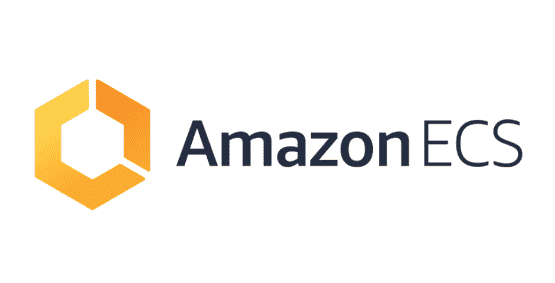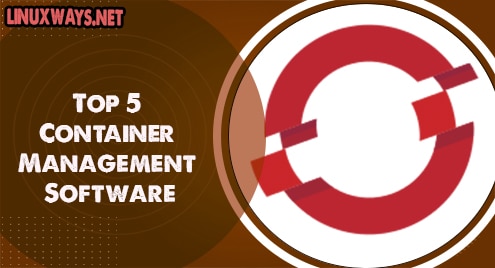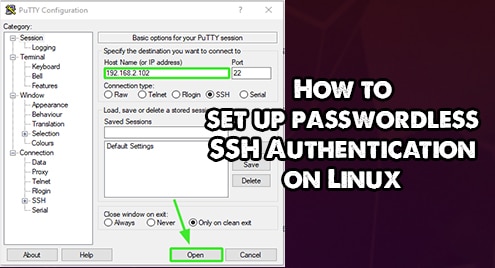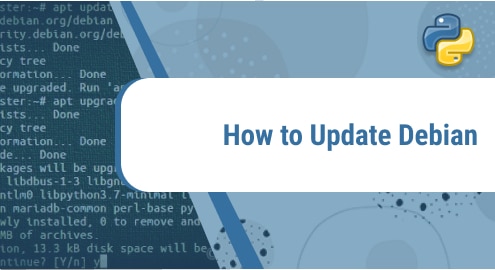Virtualization technique is renowned for extending the capabilities of a system to the next level where it enables the system to deploy applications or install other operating systems functioning independently from the rest of the system. Containers, adding more to the advanced paradigm, further enhance and extend these vast capabilities. Containers offer a rapid, continuous, and stable virtualization method for virtually deploying these applications in any software environment. Another extraordinary feature that makes the paradigm commendable is the ability of Containers to allow seamless team collaboration where different teams can concurrently work on different parts or modules of the deployed application. There is different software that provides and offers management of this extraordinary paradigm. The Container Management software mainly helps independently manage the overall journey of the containers, i.e., from uploading and distributing, according to specific demands and needs of the users. Also, these management tools help synchronize and autonomously manage local or cloud deployments regardless of the intricacies of varying volumes and networks. Here in this article, we provide a list of the best available Container Management Software offering commendable services to its users.
Kubernetes

Originally designed by the IT industry giant, Google, Kubernetes was released in the year 2014. Google handed over the management and sustenance tasks of the Kubernetes to other IT industry giants and co-developers of the paradigm, Cloud Native Computing Foundation in 2015. The open-source container-orchestration and management tool is an optimal solution for automating computer application deployment, scaling, and overall management.
Kubernetes offers many advanced features such as its enhanced capability to autonomously deploy and manage large-scale multi-container applications, offer extensive DevOps support, advanced APIs that enable controlling and management of basic scheduling units called pods, etc. Kubernetes enables its users with multiple features along with its commendable stability, autonomy, reliability, and enhanced support for discovery and balancing. One of the drawbacks of the paradigm is its user-unfriendliness which makes the Kubernetes a not-easy-to-readily-adopt solution. Operating the paradigm or transition to Kubernetes can be done seamlessly only if handled by an experienced developer. Though, the phenomenal and extraordinary stability and enhanced capabilities of the paradigm are enough to make it top our list of best performing Container Management solutions.
Get your hands on the latest documentation and get started with the tool now from https://kubernetes.io/docs/home/
Docker

Founded in 2013 by the experts at Docker, Inc., the paradigm soon after its release caught the attention of many. The open-source compatible solution is an ideal choice for building, designing, deploying, and autonomously manage multiple virtualized application containers on any operating system. Docker seamlessly handles and takes care of the numerous services and functionalities of the deployed application along with different configuration files, libraries, dependencies, and other such components integrated into the application and therefore forming integral container components.
Docker offers its users seamless team collaboration and shared data consistency across the whole team. The 24×7 support services and up-to-date user documentation make the platform easy to adopt and commendably reliable. Other extraordinary features provided in the platform include its support for the cluster load balancing, seamless and continuous container sharing and collaboration across the team, enhanced application portability along with its integrations and other dependencies, etc. The first-time setup of the paradigm can get a bit tricky and may cause users to acquire some external assistance, such as that of an expert. Also, the simultaneous management of large containers can cause an issue with the Docker. However, the platform’s reliability and enhanced support community make it one of the favorite container management solutions of many.
Get Docker now from https://www.docker.com/get-started
Amazon Elastic Container Service (ECS)

In 2014, Amazon Web Services (AWS) released a preview of EC2 Container Service also known to its users as Amazon Elastic Container Service (ECS). The server provided a platform for creating, deploying, and managing the container infrastructure on AWS. Also, the highly scalable, efficient, and adaptable AWS ECS ensured seamless integration with the Docker containers.
AWS ECS provides its users with several extraordinary features and capabilities, such as the efficient container management solution that allows users to seamlessly operate, manage and collaborate on the applications deployed on a cluster of Amazon EC2 instances. AWS ECS offers a simple and easy user experience to manage containers via utilizing the modular services architecture for applications. This also eliminates the additional hassle required to design, install, and execute a cluster management infrastructure from scratch. Other features of the service include its ability to schedule long-running applications, services, and batch processing via Docker containers, robust and flexible architecture allowing to change and easily manage the underlying EC2 instances, etc. However, not all the extraordinary features come free of charge, for example in the free version, users can only access the EC2 Micro instances. Also, the user documentation has room for enhancement. Still, AWS ECS beats many of the competitors in the market and offers a flexible, efficient, and robust container management tool.
Get started with the amazing container management tool now by accessing the following link: https://aws.amazon.com/ecs/getting-started/
Apache Mesos

Started as a university project, Apache MESOS was launched in the market in 2020. The open-source and cross-platform compatible container management tool is an optimal solution for virtually deploying applications. Apache Mesos supports a control plane that is responsible for the careful and robust allocation of resources among different frameworks, i.e., the application delivery platforms, which are efficiently layered above.
Apache MESOS is though one of the latest container management platforms in the market, however, it offers all the features of the most stable container management tools. For example, the tool offers native support for launching containers with Docker, efficient execution management of data processing applications, efficient applications with APIs for streamlining different resource management processes, etc. Apache MESOS runs seamlessly on Windows, macOS, and Linux. Also, the highly scalable container management tool offers a built-in Web UI that allows looking at cluster state and navigating container sandboxes. Being comparatively newer in the competition, the user documentation and support team is not as efficient as others. However, the already acquired acclamation for the tool and the continuous updates make us quite optimistic for its sure success in the upcoming few years.
Get your hands on the tool now from https://mesos.apache.org/downloads/
OpenShift

Released in 2011 by the IT and software development experts at Red Hat, the container management tool is the go-to tool of many across the globe. The underlying architecture OpenShift container management tool is based on a cluster manager based on Kubernetes with the packaging of Docker containers. OpenShift also supports other concepts of application lifecycle management to enhance and overall structure a reliable and robust container management architecture.
OpenShift offers many features such as providing a significantly easy-to-use interface, seamless integration with the infrastructures of almost every renowned enterprise, extensive API and other 24×7 available support, extensive and robust security procedures deployed at different stack levels ensuring reliability of the platform. With OpenShift, users may face an issue with orchestrating clusters from other vendors as OpenShift only supports the Kubernetes clusters. Also, some users may find checking, accessing, and understanding the logs. However, the platform still offers many commendable and advanced features and assured reliability and security thereby making it one of the top choices of many users around the globe.
Get a free trial now from https://www.openshift.com/try
Closing Remarks
Selecting the container management software that provides optimal performance for a business or any software solution, requires in-depth knowledge and clarity on the user’s need. The right container management tool can only produce the most effective outcomes if selected and adapted carefully and according to the software application requirements and specifications. Here in this article, we provide a list of the top five best performing container management software tools that have served their purpose across all the platforms, i.e., Windows, macOS, and Linux, and have most seamlessly handled and deployed applications ranging from small-scale to large or enterprise-scale. Therefore, we safely conclude that Kubernetes, Docker, AWS ECS, Apache MESOS, and OpenShift are capable to autonomously design, deploy and manage any software application in any environment.




